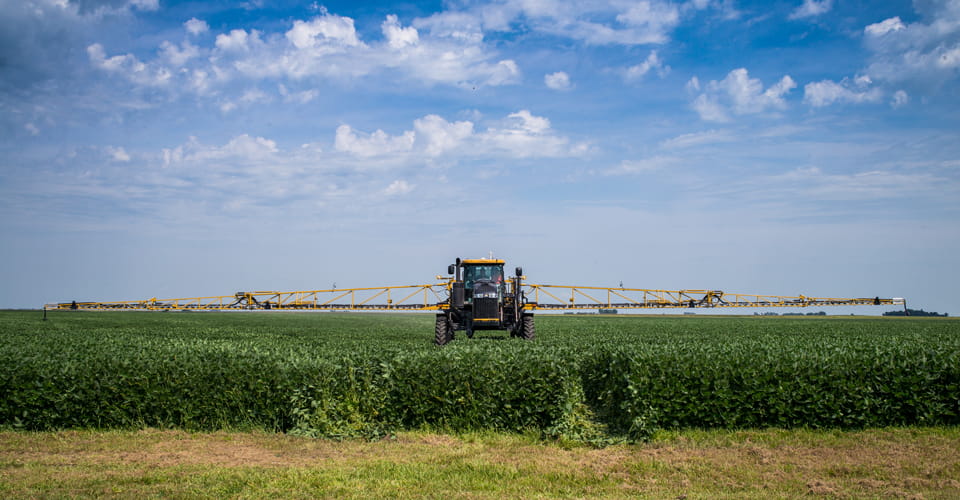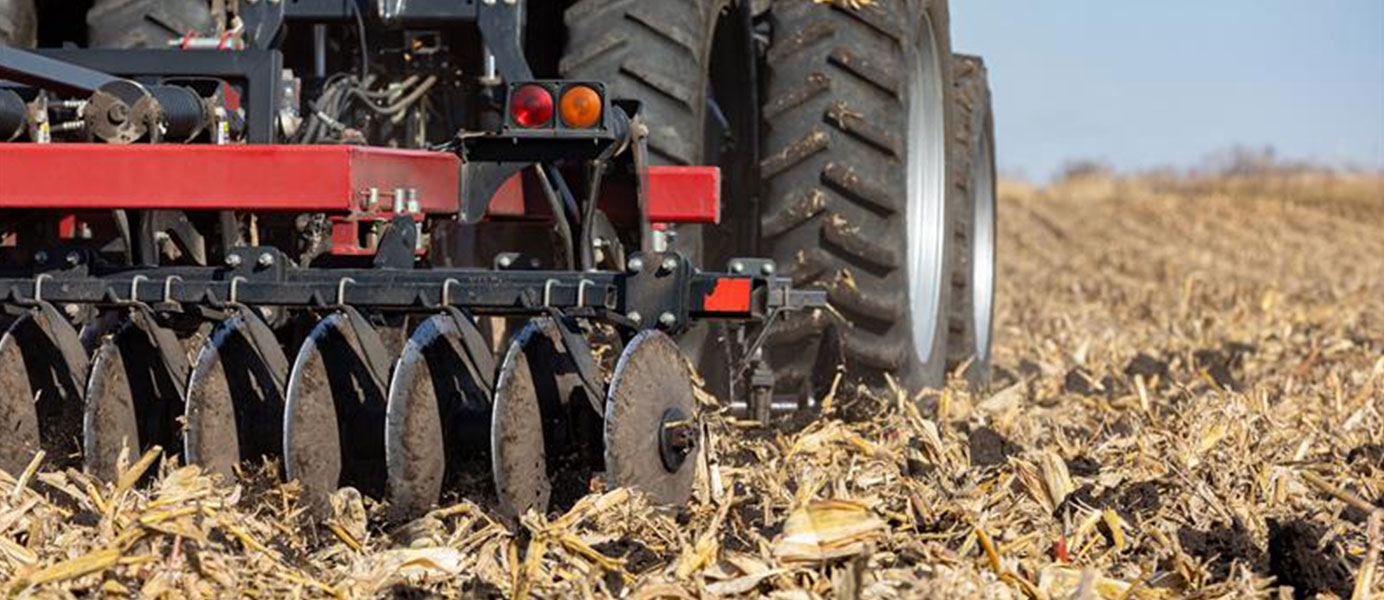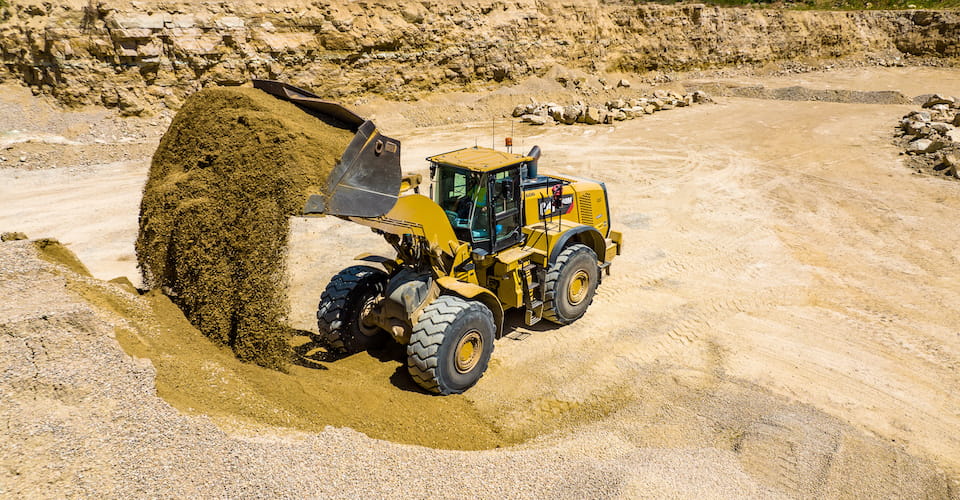
Farmers are always focused on running their operations efficiently, no matter what season it is. There are many tips and tricks kept in their back pockets in hopes of boosting their equipment’s performance. One of the most popular is purchasing over the counter additives for fuel.
But are aftermarket additives the best way to protect equipment, and can they improve fuel efficiency? Here are three things farmers should know before treating their fuel with additives.
Why turn to aftermarket additives?
Regular no. 2 diesel fuel doesn’t include anything to protect equipment or offer performance benefits. So, it makes sense that many farmers turn to aftermarket diesel fuel additives to protect their machines.
Some producers have learned the hard way that additives are important to use with no. 2 diesel and have experienced equipment breakdowns without using fuel additives. Generally speaking, farmers turn to additives when using a typical no. 2 diesel fuel because they’re fairly accessible to everyone and are a good short-term option.
The guesswork of splashblending
Using additives may be better than simply using untreated no. 2 diesel fuel, but keep in mind they can be risky. There’s a lot of guesswork when selecting additives yourself, and with many options available, it can be difficult to know which one is the correct additive for a given equipment problem.
It’s also important to remember that aftermarket additives are only a temporary bandage. They’ll help enhance equipment performance, if used correctly, but they’re not a long-term solution.
How to improve additive use
Aftermarket additives are better than nothing, but unless you’re an expert, it’s easy to make a mistake when selecting an additive. Instead of mixing additives at home, consider Cenex Ruby Fieldmaster® Premium Diesel fuel. With a terminally injected blend of enhanced additives, Cenex premium diesel fuel eliminates the guesswork from using aftermarket products.












